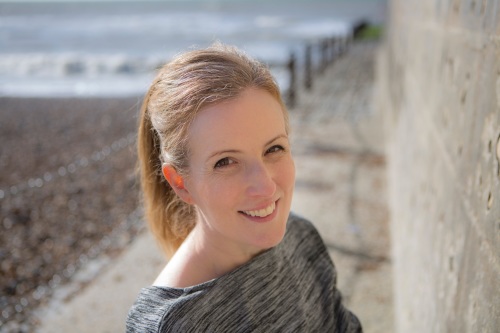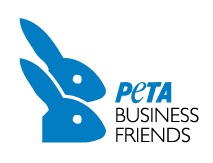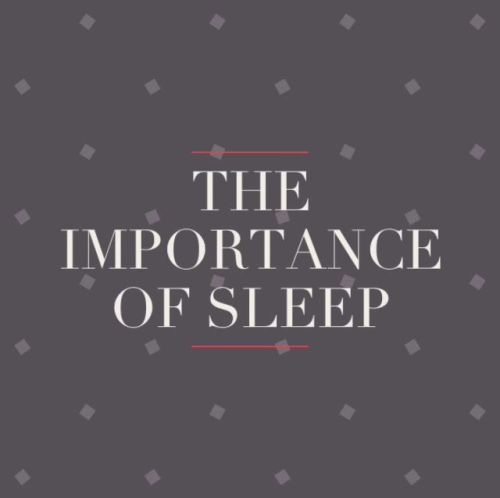Hello I’m Chloe, I’m an interior designer based in Brighton, UK. I have 25 years design experience and have been running Materialise Interiors for 13 years. I have a passion for healthy and ethical design & sourcing, mindful, low impact, conscious sourcing / conscious consumption – whatever you like to call it!
My clients too are increasingly concerned about what they buy, how interior furnishings and finishes are produced and what happens to them. So I took a course and now I’m proud to be the first interior designer in the UK to be VEGANDESIGN.ORG CERTIFIED™. I can provide cruelty free (vegan) design as an option for clients’ business or home interior projects as well ethical/conscious specifications.
It’s very easily and effectively done without comprising the specification or budget. By being cruelty free – the products avoided are leather, suede, wool, silk, down, feathers, fur, and some paints. I really want to raise awareness. There are so many myths around the use of animal products that I had very much believed as well. For example ‘natural’ is not as natural as you might hope. The leather industry is chemical ridden – with the life expectancy for those working in the industry averaging 50 years. Also leather is not the bi-product. You don’t need to be vegan to have a vegan specification for your home or business. It’s just about making informed choices. I don’t believe many people would look at leather or wool in the same way once they hear the grisly stories behind the industries. This isn’t about animal free specifications just for people with a vegan diet.
There are many health benefits to avoiding animal products in spaces – especially for allergy sufferers or people with sensory issues. In addition to the vegan design certification, I am currently studying to be a WELL AP. WELL is the building standard which advances human health and wellness in buildings and communities from The International WELL Building Institute (IWBI). In other words – it’s a new approach to healthy building design which makes the building work for it’s users rather than the other way around. It covers air and water quality, nourishment, healthy lighting design, fitness for employees and comfort.
I was lucky to spend 10 happy years working in ethical design and sourcing as a Retail Designer at The Body Shop International (which incidentally started with me writing a “Dear Anita….” letter as a newly graduated designer). The time I worked at The Body Shop was the real heyday and exciting time for the company. Anita was very involved with the company, the people within the company were really passionate and inspiring, and the business was rapidly growing around the World as Anita’s ethical and cruelty free message spread. As a furniture design graduate I loved the concept development of new store types we were trialling. We were approached by innovative ethical suppliers of materials and finishes and worked with them on product development. The store design concepts had to work globally both in terms of marketing and actual production. Everything used in the store fit was scrutinised by the in house Business Ethics team. I learnt a great deal whilst working there and the interest has stayed with me ever since. I love to research and source low environmental impact finishes and materials.
Please let me know if I can help with your Healthy, Ethical and/or Cruelty Free design. I can help you in person if you are in South East England or I can help online thanks to video conferencing and my excellent project portal.
Book a call here: https://materialiseinteriors.as.me/phoneconsultation
I was very lucky to be named ‘Designer of the Month’ by VeganDesign.org in February 2018.
I don’t want to be ‘the only’ interior designer offering a vegan design specification in my area. I want to be one of many! If any interior designers would like to know more about the course or to share and collaborate on learnings – please get in touch with me. You can use this discount code to get a 10% discount on the course CBULLOCK10 www.vegandesign.org



